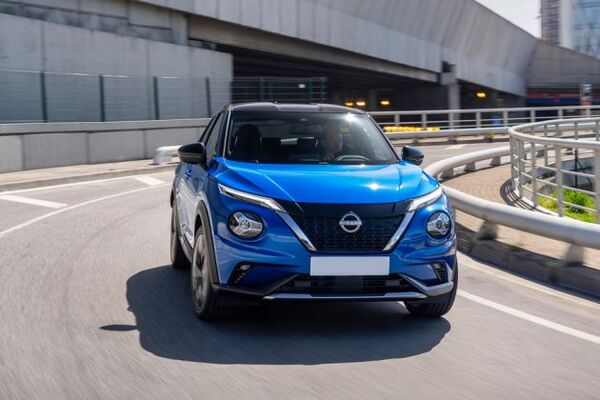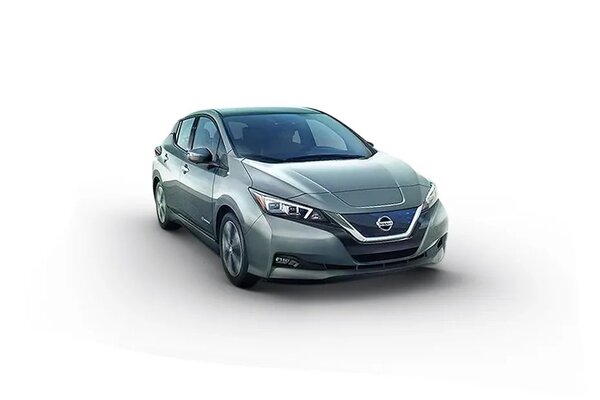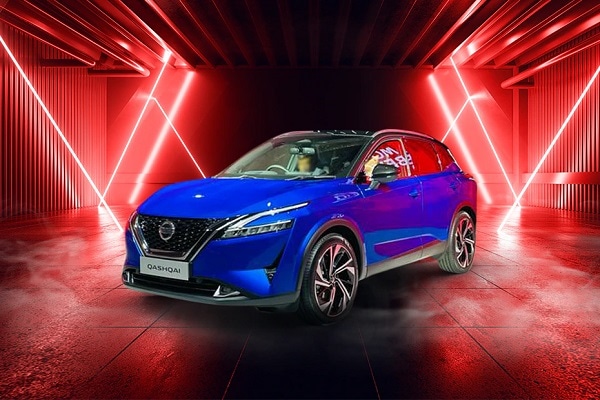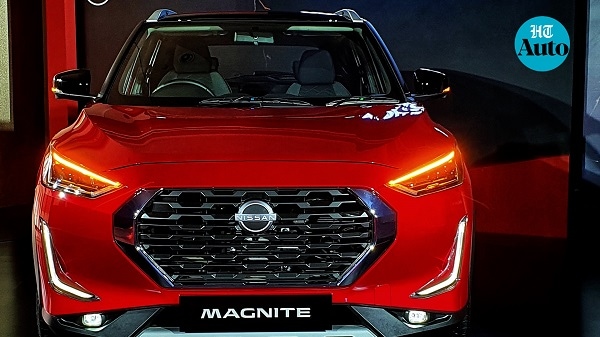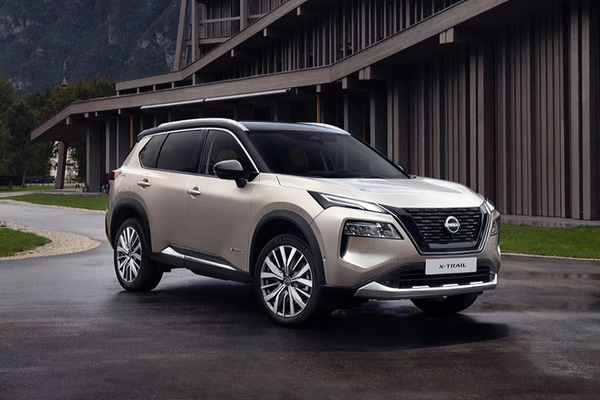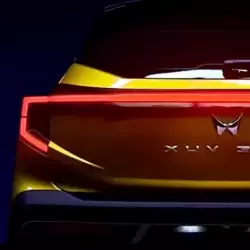Nissan uses AI to end traffic jams on highways; uses 100 units of Rogue SUVs
- Nissan conducted a five-day open-track testing from November 14 to 18 on a newly opened, sensor-filled portion of US Interstate 24.


Nissan, in partnership with researchers concluded an experiment with the goal of using technology to end traffic jams and improve overall mobility. Along with the Circles Consortium consisting of researchers from Vanderbilt University, UC Berkeley, Temple University, and Rutgers University-Camden, Nissan coordinated with the Tennessee Department of Transportation for an experiment with an aim to increase fuel savings and ease traffic.
The stakeholders conducted a five-day open-track testing from November 14 to 18 on a newly opened, sensor-filled portion of US Interstate 24 called the I-24 Motion. They used 100 specially equipped Nissan Rogue units for the purpose. The experiment was conducted with an aim of testing an AI-equipped cruise control system and see how it influences the speed and driving behavior of surrounding cars.
Also check these Vehicles
Also Read : Nissan Qashqai and X-Trail SUVs spotted testing on Indian roads
As per initial findings of the team, a single AI-equipped vehicle can cause a positive ripple effect to help smooth human-caused traffic congestion among 20 surrounding cars. “Nissan has always been a pioneer in automotive innovation, and with our long-term vision, Nissan Ambition 2030, we know our future is autonomous, connected and electric," said Liam Pedersen, deputy general manager at Nissan Research Center in Silicon Valley, California.
The next several months will be used by the Circles team to analyze the data from the five-day experiment on the I-24 Motion "smart highway."
The I-24 Motion is the only real-world automotive testing environment of its kind in the world. Stretching four miles just southeast of downtown Nashville, it is equipped with 300 4K digital sensors that are capable of recording 260 million vehicle miles of data per year. On one single day in November, it recorded a total of 143,010 miles driven and 3,780 hours of driving.
This permanent infrastructure will act as a test bed to researchers always. Toyota North America and General Motors also supported the five-day experiment in November, providing two additional test units: Toyota RAV4 and Cadillac XT5.








 1498.0 cc
1498.0 cc Diesel
Diesel